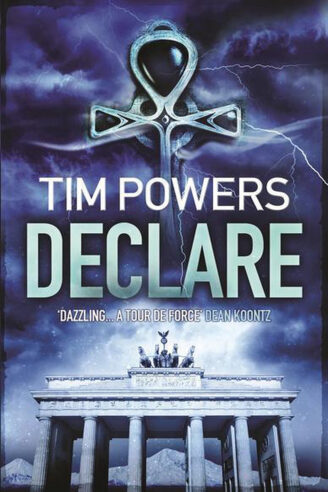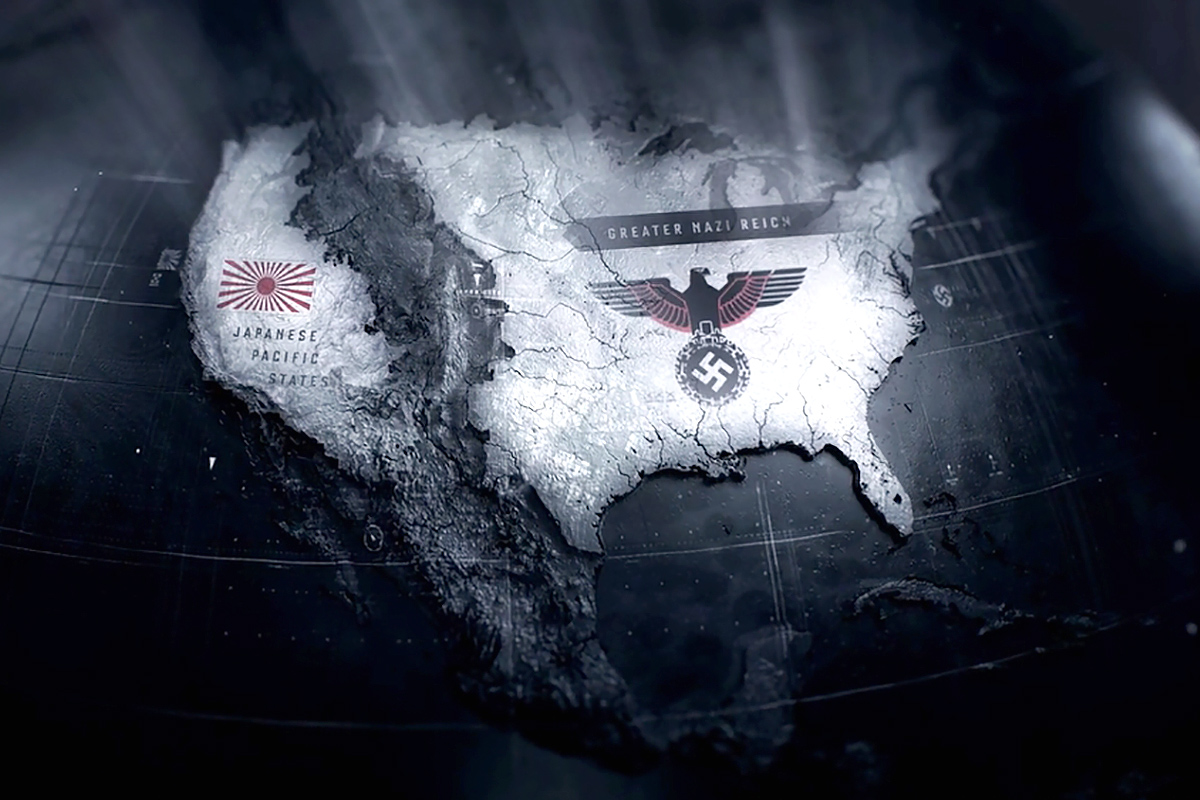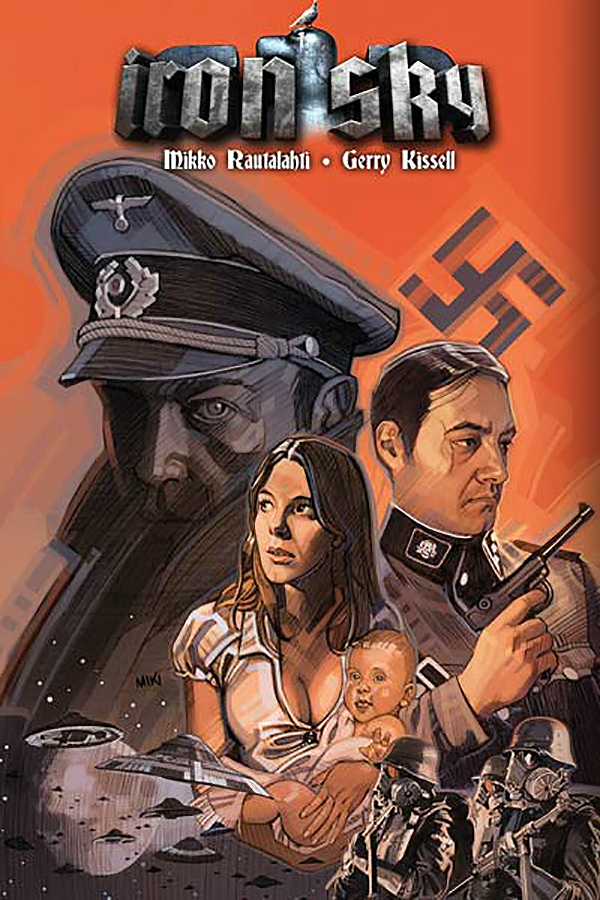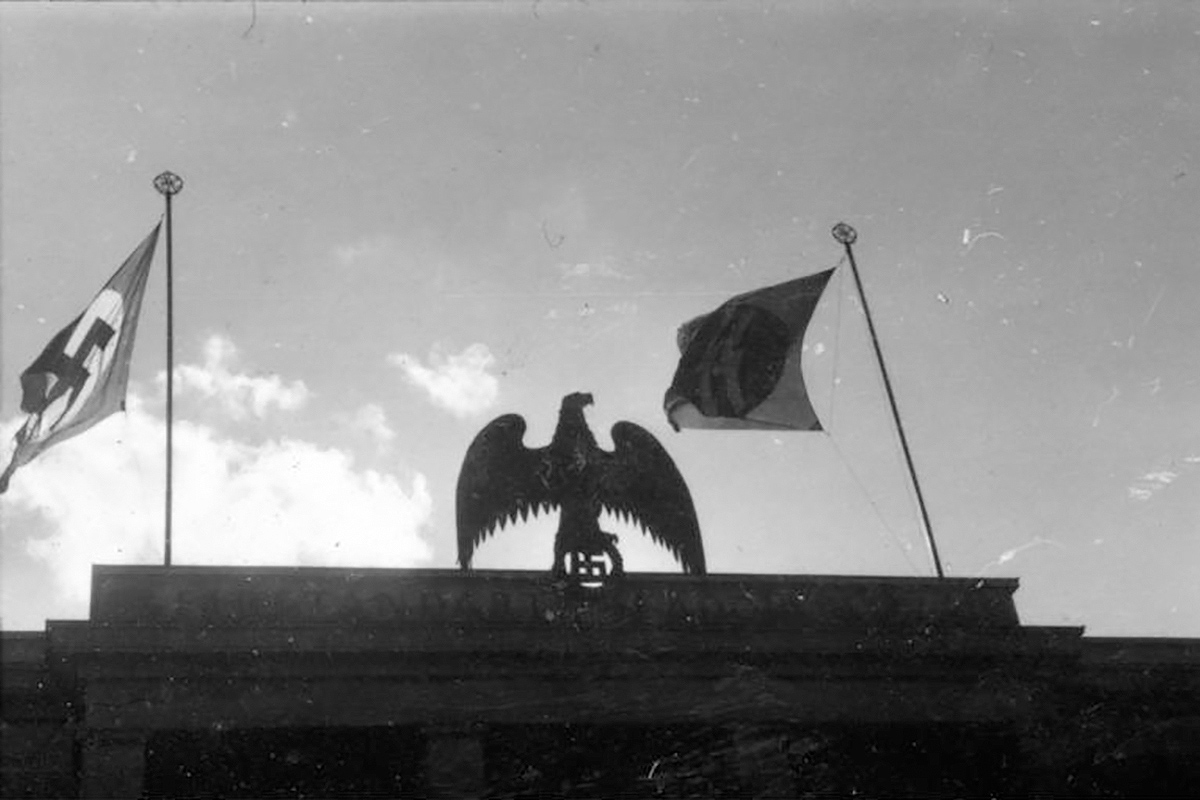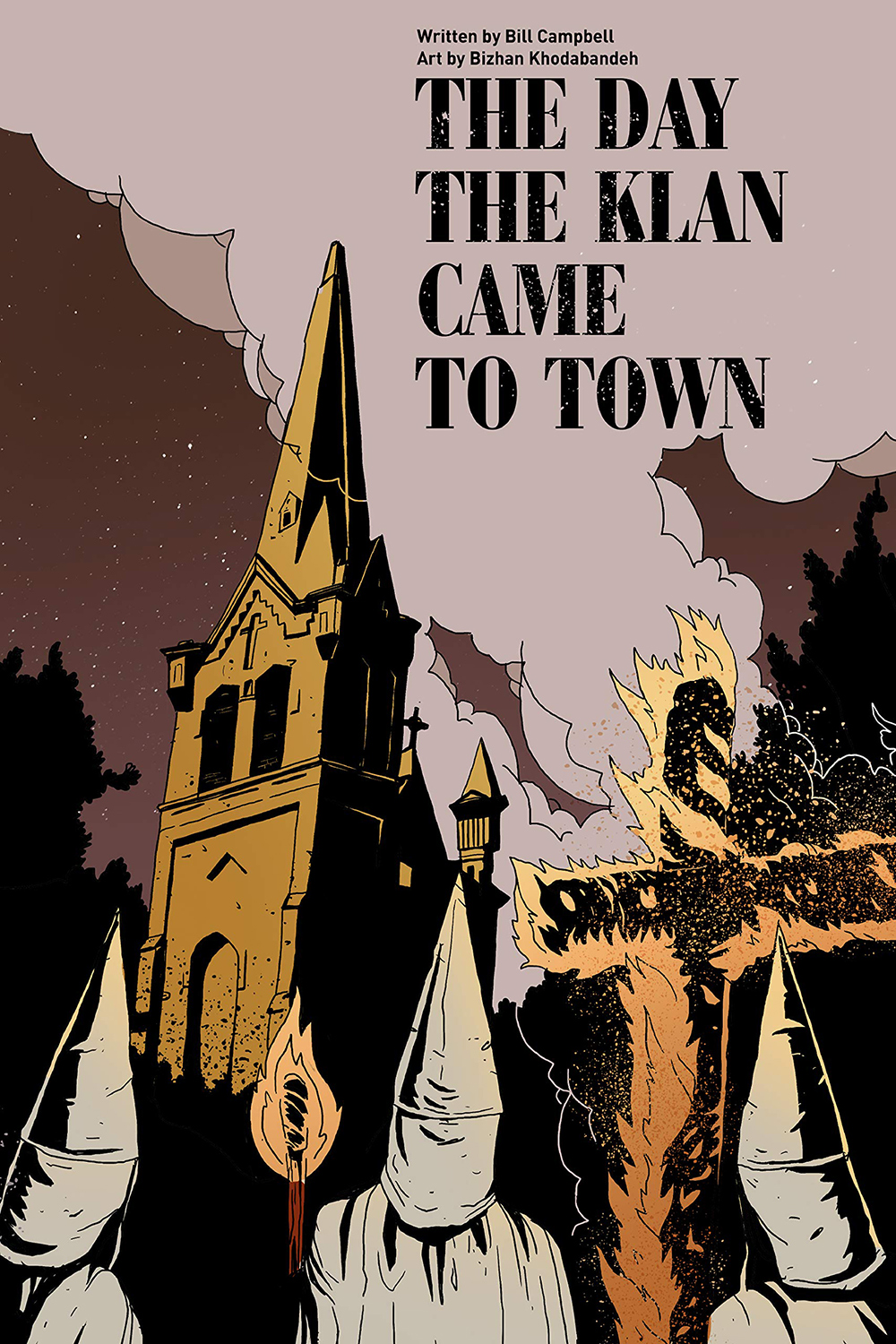The world of espionage is one of secrets, of things that are deemed by one group or another to be worth killing over. They can be weapons or pieces of information or research facilities or other things of that nature. What they have in common is their vital importance to somebody’s security.
The world of mysticism is also filled with secrets. There are fraternities and orders and other religious organizations that swear their members to secrecy. Oftentimes this is of primarily theological interest. But there have always been those who wondered if something far more consequential wasn’t going on.
It is natural then to combine the cloak and dagger with the supernatural and the occult. This is what Tim Powers has done with his novel Declare, released in 2001. It reads like a combination of a World War II or early-Cold War spy novel and something along the lines of Dan Brown or maybe Umberto Eco. You have the globetrotting exploits, but also the sense that there is something beyond our comprehension afoot.
The book jumps back and forth between two time periods. The first starts before World War II and continues through the course of that war to the occupation of Germany and then afterwards. The other is in the 1960s, following many of the same characters dealing with the fallout of the operation that gives the book its title. The lead in both time periods is Andrew Hale, an academic sort who was thrown into this conniving and double-dealing from a distressingly early age.
To say too much about the supernatural in the book would be to ruin much of the fun. What I will say is that one of the focal locations of the novel is Mount Ararat. I don’t feel like that is too much of a spoiler given that it’s literally on the first page of the book.
Andrew Hale as the lead deserves some comment. He is the sort of bookish fellow you wouldn’t think is involved in spycraft. Indeed, he gets into the business due to a misconception of his skillset. In any case, he learns cryptography reasonably quickly and spends much of the war in Nazi-occupied Paris. It is a claustrophobic time spent jumping from safe house to safe house, sending message after message to Moscow. He spends this time with Elena Teresa Ceniza-Bendiga, a Spanish spy working for the Comintern. The two cross paths multiple times over the course of the next two decades.
There are also historical figures mentioned here and there. Harold MacMillan shows up during his tenure as prime minister. Vladimir Lenin and T.E. Lawrence are mentioned a number of times. The most important of any real figure, however, is Kim Philby, the infamous British MI6 operative who was revealed to be a double agent for the KGB. Philby is one of the more interesting characters in the novel, going back and forth between the man we know and the man we don’t.
Being a spy novel, Declare has plenty of international gallivanting worthy of James Bond. You wander the Rub’ al-Khali in Saudi Arabia, searching for something ancient. You visit Moscow in the cold of winter and Berlin as the city is being divided between East and West. Some of the most impactful scenes happen in Beirut.
This is a book recommended to me by a friend from college, and I pass on his recommendation. Declare is alternatively a thrill ride and a deep immersion in a world long past.

